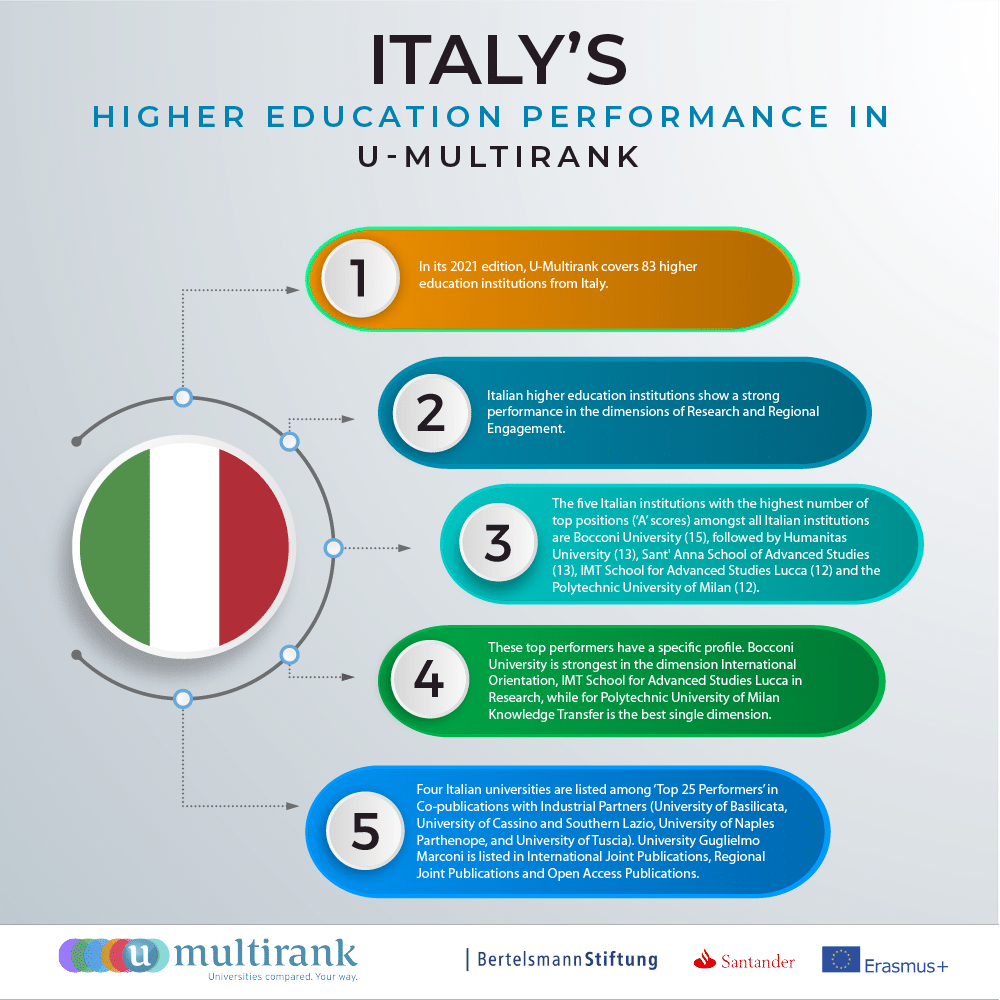Italian is one of the main languages of the EU and is spoken by over 60 million people as a native language, throughout Italy itself as well as parts of Switzerland.
Undertaking a degree in Italian will see you delve into the peninsula’s rich literary heritage and its fascinating history, as well as ultimately making you employable in a range of sectors once you graduate.
What are the most common careers for Italian graduates?
It’s common for language graduates to take up roles in teaching, or in translation and interpreting, and Italian is no exception to that. Having fine-tuned your knowledge of the language over the four years of your degree – including the term abroad – you’ll be in an ideal position to take up a career where you’ll be directly making use of the Italian language, or even working in Italy itself.
What else can I do with an Italian degree?
Over the course of your degree, you’ll take on a range of widely marketable skills that will serve you in good stead for a range of careers, beyond language-related positions – for instance, being able to clearly communicate your ideas and carry out effective research.
This is especially the case with Italian as one of the lesser-studied European languages – compared to the likes of Spanish and French – meaning you’ll be standing out in a crowded field. As a result, you could consider jobs in media and broadcasting, as well as business and diplomacy.
Can I go into law with an Italian degree?
Another potential pathway for Italian graduates is to pursue a career in law by undertaking a conversion course after graduation.
With various international law firms having offices in Italy – particularly Milan – language skills are a valued asset by employers, and would make you an ideal candidate for a placement while on a training contract.



